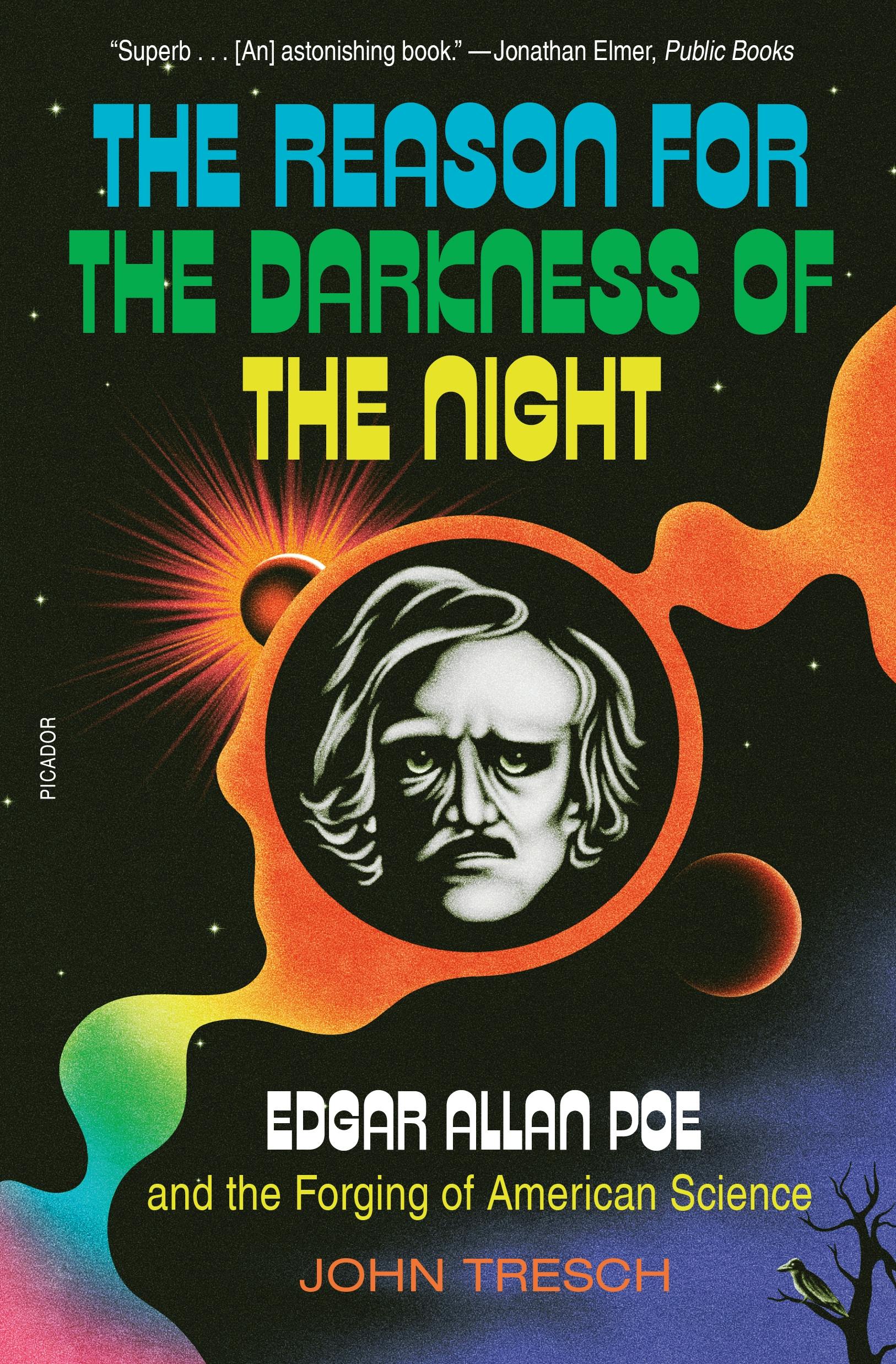John Tresch introduces Edgar Allan Poe as a sixteen-year-old astronomer, mapping the heavens with his telescope at his foster father’s mansion in Richmond and reading deeply in the mathematics and astronomy of Herschel and Pierre-Simon Laplace. In 1830, aged 21, after spells at the University of Virginia and in the army, he enrolled at the West Point military academy, the foremost scientific college in the antebellum United States, which drew its teaching principles and extensive library from the French École Polytechnique. Poe spent less than a year there – enough time, it seems, to have gained a solid grounding in science and mathematics, and enough French to read the latest researches – before he deliberately got himself court-martialled and dismissed. Disowned by his foster father, he began his published career as a poet but was soon supporting himself with journalism. At the Messenger, alongside short fictions such as ‘Hans Pfaall’, he was writing about the latest works on chemistry and physiology, along with a regular column of useful and surprising facts. He had a notion of fusing all these genres together to create a scientifically informed literature in the manner of Erasmus Darwin’s didactic nature poems.
Poe wasn’t surprised by the popularity of the Moon Hoax, or by how widely it was believed: he reckoned that ‘not one person in ten’ discredited it until it was challenged. It was evidence, if more were needed, that ‘the potent magic of verisimilitude’ could persuade the general public to entertain the most outlandish impossibilities. The illusion of science, for a writer in the embryonic American marketplace, sold better than the real thing. But Poe had grand scientific ambitions, with which he persisted in the teeth of indifference from both the reading public and the scientific establishment. During his career he was by turns an advocate and a debunker of science, its satirist and saboteur. Yet his masterpiece, as he saw it, was his final work, a visionary theory of the cosmos.
In focusing on Poe through the lens of science, Tresch isn’t so much rewriting his life as recovering the view of his contemporaries. Poe’s reputation as a master of the gothic and the macabre took root only after his death, in large part because of Charles Baudelaire’s elevating him to the canon of ‘accursed’ poètes maudits. But during his lifetime he was equally prominent as a science writer: in the words of one journalist in 1848, at the end of his life, ‘Mr Poe is not merely a man of science – not merely a poet – not merely a man of letters. He is all combined; and perhaps he is something more.’
